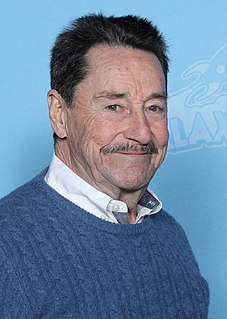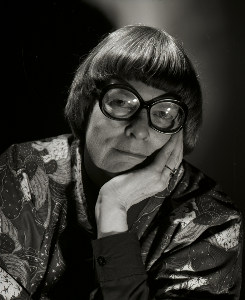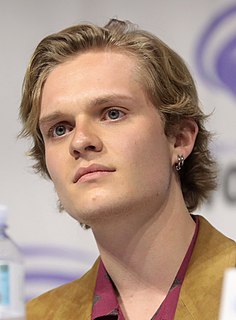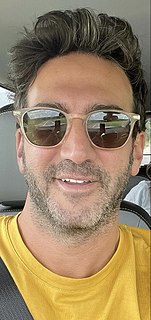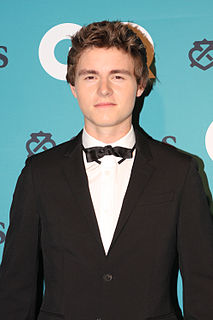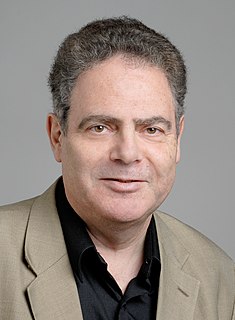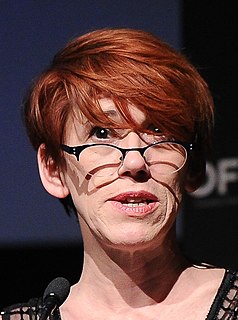A Quote by Peter Cullen
As a young actor, I would be invited to the CBC radio drama department to do voices for different characters, and I found that I could do quite a few of them. I wasn't a visual presence, and I found it easier to construct a voice from the written page.
Related Quotes
I remember how surprised I was when my first novel was about to be published and I was informed that I could be sued for anything any one of my characters said. 'But I often don't agree with what they say,' I protested. The lawyer was not interested in the clear distinction I make between my own voice and the voices of my characters. Neither, I have found, are many of my readers.
I haven't always wanted to be an actor, no. I wasn't one of the little kids that was desperate to be an actor. I did a lot of drama and a lot of music, but it was just something for fun on the side. I was quite shy as a kid and I found a lot of freedom in performing. I never knew you could do it as a job.
I think that in some ways 'Climax' is easier to digest than my other movies because the characters are easier to identify with. You love them because they're young, they're great dancers, they're beautiful, and they are willing to construct something. They're not losers like most of the characters of my previous movies.
There are characters in some short stories who exist as people, and there are other characters in different short stories who exist as purely literary constructs. You know, the young man in "Forbidden Brides of the Faceless Slaves in the Secret House of the Night of Dread Desire" - I probably got that right - is a literary construct, and enjoys being a literary construct. He has no life off stage, whereas the young men in "How to Talk to Girls at Parties" were as near to being real human beings as I could possibly get them.
He [Alan Lomax] started right off trying to find people who could introduce folk songs to city people. He found a young actor named Burl Ives and said, "Burl, you know a lot of great country songs learned from your grandmother, don't you know people would love to hear them?" He put on radio programs. He persuaded CBS to dedicate "The School of the Air" for one year to American folk music. He'd get some old sailor to sing an old sea shanty with a cracked voice. Then he'd get me to sing it with my banjo.
In this day and age, if you're aspiring to be an actor, and you're putting all your eggs in one basket, you could be disappointed. I started out as an actor, but I forced myself to be a writer, even though I wasn't very good at it and had never written. I don't think I ever passed an English course in my life. My first 8 to 10 scripts were pretty horrendous, but I stayed at it until I eventually found a voice and a subject that people were interested in. So, I recommend that you go out and try to be as versatile as possible: writer, actor, producer and especially director.
In the past, I've written my songs and then asked friends if they could record the vocals. I didn't want to use my own voice, because other people have much better voices. I was hearing the music with a voice that I don't have. It was a case of pulling whatever resources I had to get the sound I wanted, but that doesn't take anything away from the authorship. They are songs written by me that sound the way I want them to sound. Whether it's my voice or someone else's doesn't make a difference to the music.
Had I to give advice to writers (and I do not think they need it, because everyone has to find out things for himself), I would tell them simply this; I would ask them to tamper as little as they can with their own work. I do not think tinkering does any good. The moment comes when one has found out what one can do - when one has found one's natural voice, one's rhythm. Then I do not think that slight emendations should prove useful.
